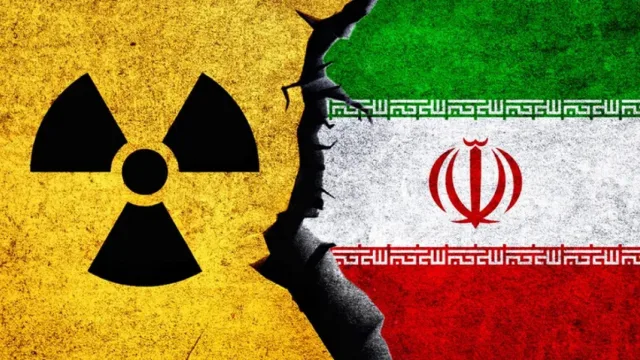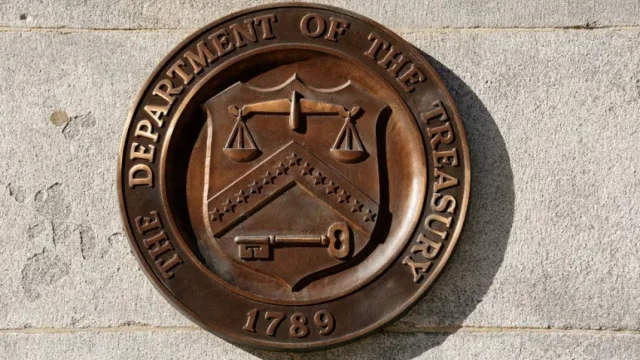Somali pirates freed the Greek ship Ariana and its 24 Ukrainian crew yesterday after a helicopter…
Somali pirates freed the Greek ship Ariana and its 24 Ukrainian crew yesterday after a helicopter dropped a multi-million dollar ransom onto its deck and ended a more than six-month hostage ordeal.
Pirates from Somalia have made tens of millions of dollars in ransoms by hijacking ships in the Indian Ocean and strategic Gulf of Aden, which links Europe to Asia.
A multinational naval deployment in the area seems only to have driven the sea gangs to hunt further from shore.
The Maltese-flagged Ariana was carrying corn and soya when it was seized on May 2 north of Madagascar en route to the Middle East from Brazil. Its owners said yesterday that they had paid an unspecified ransom for its release.
“The ship was released a few hours ago and the pirates have left,” Spyros Minas, the head of Alloceans Shipping, told Reuters in Athens. “The ship is now sailing to the Middle East.”
Earlier yesterday, a pirate source told Reuters that a helicopter had dropped $2.6 million onto its deck.
“We have taken a $2.6 million ransom,” one of the gang, Farah, said by telephone.
“We are now dividing the money.”
Ukraine’s presidential press service quoted the head of the country’s foreign intelligence service, Mykola Malomuzh, as saying a higher ransom had been handed over $2.8 million.
“As of now the boat is under the protection of Portuguese ship Al Vars Carbol. In five to seven days the boat is likely to arrive at the nearest safe port,” it quoted him as saying.
Fears for oil tanker
Separately yesterday, the United Nations shipping agency warned that another captured Greek vessel the oil tanker Maran Centaurus could cause an environmental catastrophe if it was damaged by worsening weather off Somalia.
The tanker was sailing from Kuwait to the Gulf of Mexico with 28 crew and two million barrels of crude oil when it was seized by Somali pirates near the Seychelles on Nov. 29.
The UN’s International Maritime Organization said the tanker could trigger an ecological disaster in a part of the world that lacked the infrastructure, equipment, resources and expertise to cope with it.
Anti-piracy operations by the European Union, NATO and several individual states have failed to deter the pirates, who are still holding 11 ships along with 283 crew.
In Somalia’s main pirate lair of Haradheere, the pirates have set up a cooperative to fund their operations a sort of stock exchange meets criminal syndicate.
In the latest hijacking, pirates seized the Pakistani-flagged fishing vessel MV Shahbaig last Sunday, the EU naval force said in a statement earlier this week.
It was thought to have 29 Pakistani sailors on board when it was attacked 320 miles (515 km) east of Socotra, an island off the Horn of Africa, the EU Navfor force said.





